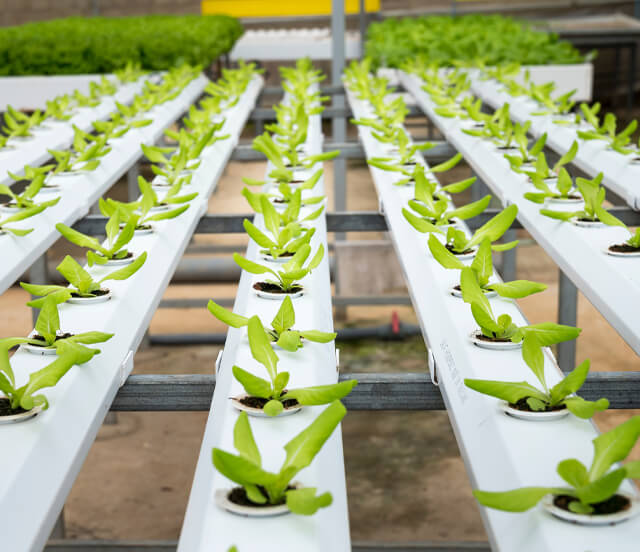by Phiwe Ndinisa
The persistence of inequality, increase in poverty and lack of food security in South Africa are largely due to the fact that the formal economy has complex barriers to entry for the poor. A fundamental reality is that participation in economic activities is governed by rigid practices and prohibitive legal frameworks that limit the poor’s participation. Formal markets are governed and controlled by a set of inflexible financial and legal principles and practices that are not necessarily accommodative of the poor’s circumstances
This is further compounded by the fact that South Africa is increasingly becoming urban, and while rural reform should not be ignored, urban reform holds the promise to improve the lives of the majority of South Africans. South Africa is urbanising rapidly, 65% of South Africans are already living in urban areas and the statistics will rise to 71% by 2030. By 2050, eight in 10 people will be living in urban areas and this will increase demand on basic infrastructure requirements. Building-integrated communities means proactively and directly working to reverse the impact and practices of apartheid to improve all urban residents’ quality of life.
Urban agriculture can contribute meaningfully towards the challenge of alleviating poverty and achieving household food security in South Africa. It can contribute to ensuring that people have access to adequate, safe and nutritious food. The State, as part of its poverty alleviation responsibilities should introduce more household level food production assistance programme. Urban agriculture can also be a primary vehicle for job creation.
In urban areas the granting or sale of land for agricultural purposes needs to be considered together with competing uses such as housing, industrial development, conservation, roads or any other infrastructure. Alternatively, in urban areas the State can acquire commonage land for the purpose of agriculture and made available to the emerging urban farmers through a State administered system.
Urban agriculture within the context of land reform can contribute to the social and economic well-being of people. Urban agriculture can play a pivotal role in poverty alleviation by improving household food security and nutrition status of people. As well as economic development because as an economic activity it can contribute to job creation and income generation. It is important for agriculture to form an integral part of future development planning. This includes spatial planning, environmental planning, community development planning, economic development and infrastructural planning, environmental health, etc.
Access to land geared towards urban agriculture could follow a dual approach. On the one hand it can focus on achieving household food security, primarily poverty alleviation and improved nutrition and on the other hand on the creation of income which focuses on economic development.
The State needs to become a far better facilitator in creating an enabling environment for urban agricultural development through reducing red tape, introducing and exercising appropriate regulations and management systems. However, at a secondary level, the State can act as a catalyst which includes, inter alia, the provision of land, the construction of infrastructure and earth works. The State can also do more to provide production inputs, project management and extension services.
There are key issues and challenges that need to be addressed in order to coordinate and better align food security, land reform, access to land and development efforts in urban agriculture. This alignment will result in an improved impact of urban agriculture on poverty alleviation and economic development. The establishment of food production initiatives need to carefully target individuals or groups of beneficiaries on the basis of vulnerability, with priority being given to initiatives involving women and children, youth and the differently abled people.
After all, the Bill of Rights guarantees every citizen “the right to have access to . . . sufficient food and water” and that “the State must take reasonable legislative and other measures, within its available resources, to achieve the progressive realisation of each of these rights.”






